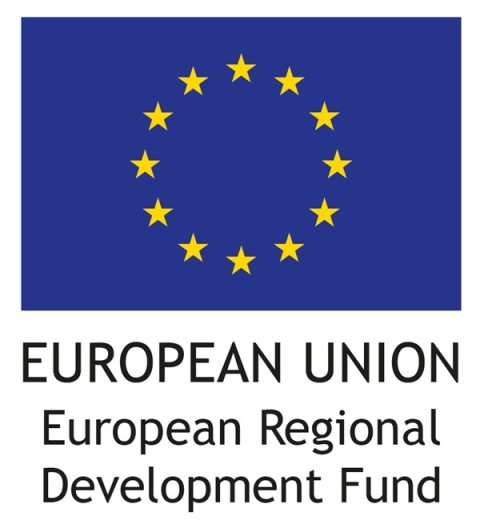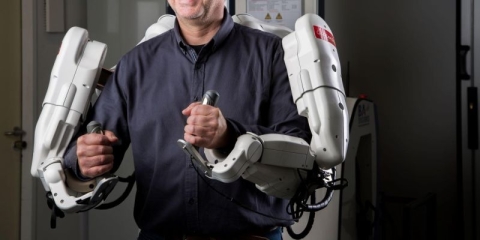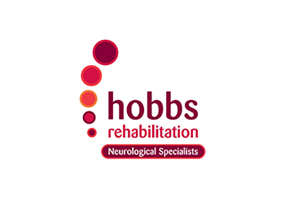
AiBle is a 3-year UK/France cross-border EU Interreg project.
The project
The aim of the project is to develop a new generation of robotic exoskeleton that will benefit stroke patients by providing advanced functionality to enable remote but active rehabilitation.
This will be achieved by the integration of artificial intelligence, virtual reality and cloud computing.
The project will introduce novel sensors to recognise post-stroke patients’ motion intention. The signals collected from the patients will be sent to a cloud-based data processing centre where the centralised database AI service can be accessed by all functional units. This will guide the robot movements, monitor the patient’s progress and can be used to provide expert assistance remotely.
The project will have a virtual reality interface for performing activities of daily living which will be trialled on stroke patients and can be used in addition to conventional therapy to increase treatment intensity for improved recovery.
Our focus
Our focus is to provide more engaging rehabilitation with the use of a new generation of upper-limb exoskeleton to improve efficiency and provide additional intervention that has the potential to improve outcomes and independence.
The objective is to benefit post-stroke patients through the intensive training in the typical activities of daily living. The goal is to reduce long-term dependency on rehabilitation care and improving the cost-efficiency of treatment.
Funding
The total amount of EU funding received is €4,875,139.99 of which €3,333,849.26 has been co-financed by the European Regional Development Fund.
Our aims are to:
- help stroke patients to benefit from remote and active rehabilitation
- increase the intensity and repetitions through the use of the robot which will lead to improved upper limb outcomes
- contribute to the wellbeing of stroke patients and social care in the Channel region
- increase the delivery and uptake of novel robot-enhanced rehabilitation for stroke patients in hospitals and rehabilitation centres

Computing experts to develop the first robotic exoskeleton to help stroke patients
Dr Zhaojie Ju talks about his hopes for the innovative AI research project

Principle Investigator

Professor Zhaojie Ju
Explore more of our research
Clinical Outcome Modelling
We're developing and evaluating mathematical and computer models, and collaborating with the NHS, to help make accurate healthcare predictions using health data science. Explore our clinical outcome modelling research.

Cyber security
We're working to improve the security of the systems used to access assets, and to make the way people access them more secure.

Systems and Information Systems
We're exploring how technology and professionals can support the strategic, managerial and operational activities of a business.






